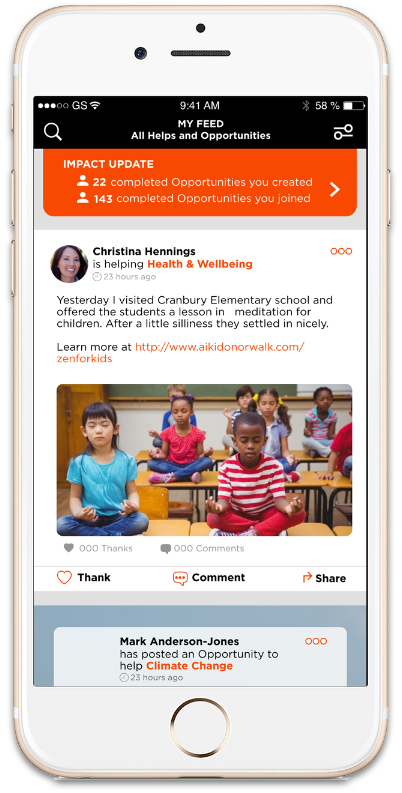Host a Waterfront Clean-Up This Summer—It’s Easy!
By: Lauren Ramakrishna
Earth’s lakes, streams, rivers, and oceans are suffering from plastic pollution. The Center for Biological Diversity estimates that billions of pounds of plastic are swirling on ocean surfaces—and that plastic could outweigh the fish in the sea by 2050 if the current pollution rates continue. What’s causing the problem? Items like single-use plastic bags and plastic straws, which make their way into oceans, lakes, and rivers. Marine and freshwater animals mistake these items for food and ingest them. (Animals aren’t the only species who ingest plastic—humans do too.)
But you can make a massive positive impact on your local waterways, especially during summer when waterfronts are most crowded—and likely more filled with trash and litter. It’s the perfect season to help stem the tide of plastic pollution and enjoy a little sunshine in the outdoors, too.
Just choose a waterfront near you—an ocean, river, lake, or stream—and host a clean-up event. You, your family, your friends, and community can help rid waterfronts of recyclables and trash that would otherwise pollute the water and contribute to the growing water pollution problem.
Here’s how to get started:
1. Decide if you want to lead a small event with a few family members or friends, or open it up to your larger community. It’s great to start small—a few pairs of hands goes a long way!
2. If you’re up for organizing a larger group, use social media (like a Facebook event), a free social planning website (like Evite), and a local publication to share information about your event and encourage others to join.
3. Make sure to include a sentence or two about why you’re hosting the waterfront clean-up, with facts about clean water. Include this article, or direct your networks to ThatHelps’ partner Waterkeeper Alliance to learn about the importance of clean water for safe drinking, sustainable fishing, and healthy marine life! (You can also find more ways to help Clean Water causes on our app, too!)
4. Prepare for the clean-up before hand:
- Gather tools for the volunteers. You’ll need one set of bags for recyclables like glass bottles and plastic bottles; a container for collecting plastic bags, which typically have their own recycling process; and another set of bags to collect trash like bandages, cigarette butts and toothpicks.
- Map out the stretch of waterfront you want to cover.
- Dole out assignments in advance. Choose one person or group for recyclables duty, another set for trash duty, etc.
- Don’t forget to remind volunteers to bring their own water and snacks, as well as a set of reusable rubber or cloth gloves. Or, if you’re feeling generous, you can buy biodegradable rubber gloves like these Greener Country Biodegradable Natural Rubber Latex Gloves.
- Determine who’ll be in charge of taking each load to the appropriate disposal and recycling facilities when the event is done. (This could be you!)
- You may need to bring a few large bins or trash cans along if there aren’t any at the site already.
5. During the clean-up, identify a central meeting location so volunteers can take a break as needed and drop off their loads.
6. Most important: have fun!



